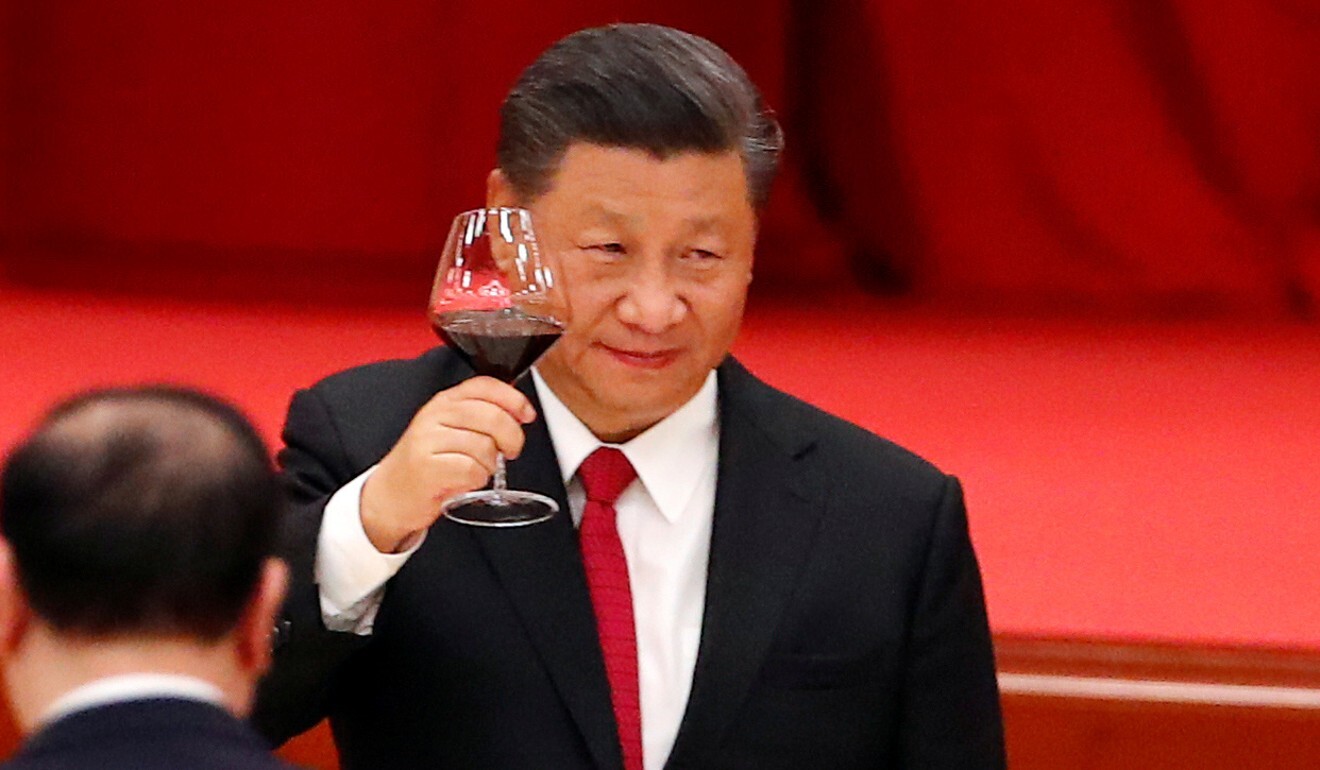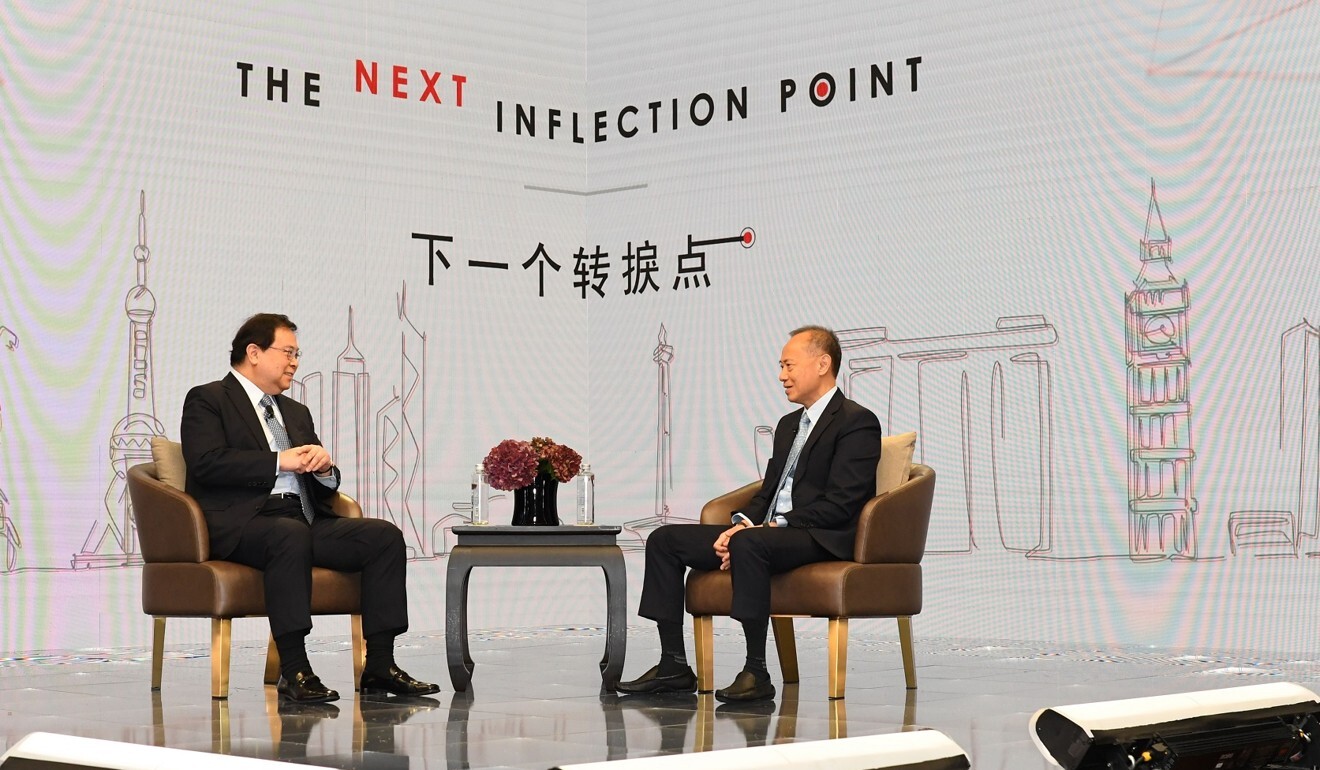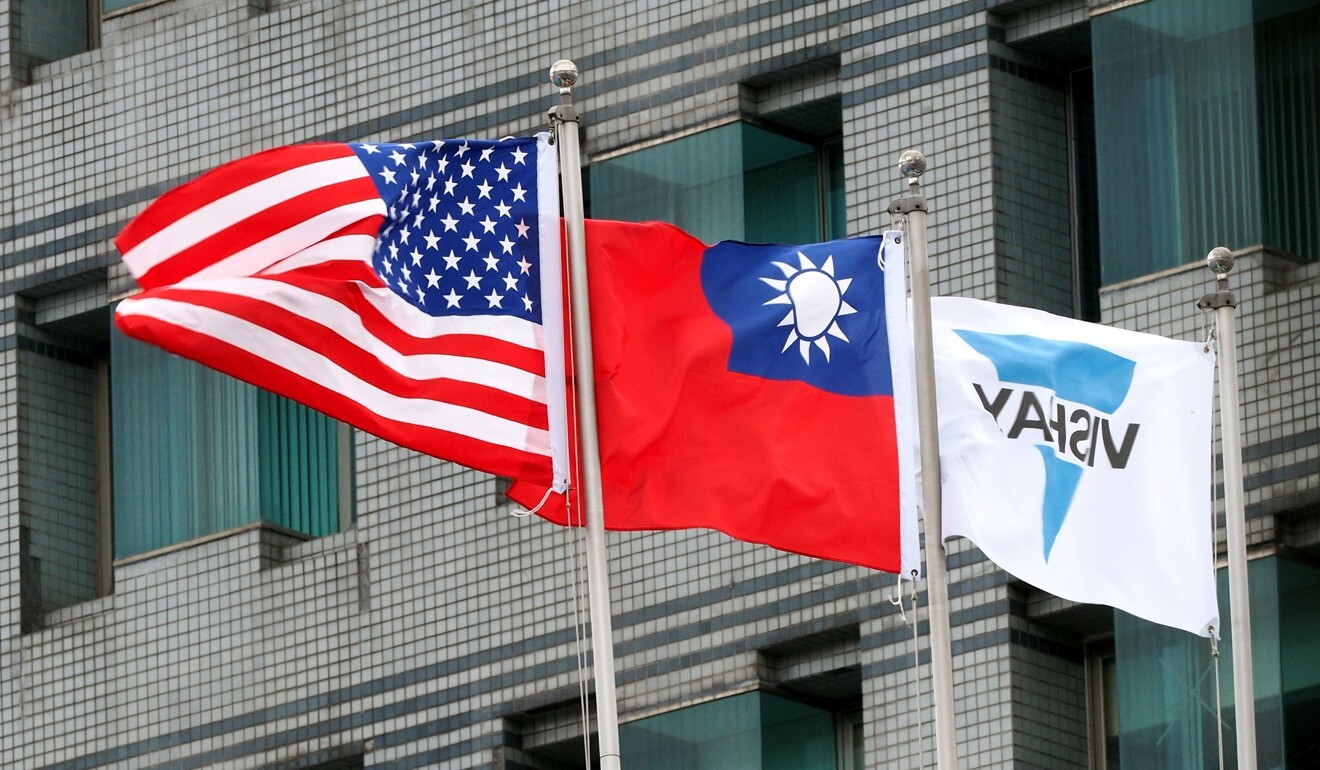
US-China rivalry will persist, fuel swings between ‘cold war and cold peace’: ex-Singapore minister
- In a wide-ranging talk, former foreign minister George Yeo praised Beijing’s move to use markets rather than military might to achieve its goals
- War is not on the cards, Yeo said even as he warned of the risks of US support for Taiwan

The US-China rivalry shaped by Washington’s reluctance to accept China’s rise will be protracted, lasting another 10 or even 20 years, with the world set to “oscillate between a ‘cold war’ and ‘cold peace’”, Singapore’s ex-foreign affairs minister George Yeo said on Wednesday.
There could be “occasional skirmishes” and accidents can happen, he cautioned, but war is not on the cards.
“I think both sides are too rational to move in that direction. But this is a dramatic period,” said Yeo, who is senior adviser to the Kuok Group and Kerry Logistics Network and has spent recent years shuttling between Hong Kong and Singapore.
Speaking at a dialogue hosted by OCBC, Singapore’s second largest bank, Yeo said China senses that the US wants to impede its growth and was prepared for this “multi-year” challenge with the “dual circulation” economic strategy that it is expected to incorporate into its 14th five-year plan.

He was referring to the strategy announced by Chinese President Xi Jinping several months ago for China to rely on its domestic market for technological advancement and growth, cutting its dependence on an outside world that has grown more hostile to it amid the Covid-19 pandemic.
Yeo, who served 23 years in the Singapore government helming portfolios including foreign affairs and trade and industry, said that China’s ability to maintain its domestic economy and ensure its own supplies of nickel, iron ore or nanochip technology, would give it flexibility in managing external relations, particularly with the US.
“They are determined that whatever the Americans do to them, they will be able to continue developing,” Yeo said, in the dialogue helmed by OCBC Group’s CEO Samuel Tsien.
Asked by Tsien if US-China competition in the fields of technology and military hardware would define the rise of both nations, Yeo said: “That is how the West sees China. In their own image, but that is not China’s own historical experience or wisdom.”

“Again, if you have to move military forces, you’ve already lost. Only poor leaders resort to military force to achieve their objectives,” he said.
Referring to criticisms of China’s “coercive diplomacy” – such as it inflicting trade investigations and tariffs on Australian goods amid heightening diplomatic tensions – Yeo said it was “far better to use your market and economic devices than to fall back on gunboats and fighter planes”.
Pointing to the ancient Chinese military treatise The Art of War by Sun Tzu, Yeo said: “Genius is when you’re able to achieve your objectives just by manoeuvres, without having to fire a single shot.”
He said he was of the view that Beijing’s position on the South China Sea dispute – which Washington has taken a stronger position on recently by supporting Southeast Asian claimant states – was to ensure its lifeline for trade would not be impeded.

But tensions over US support for the self-ruled island of Taiwan could be a trigger for a military clash with Beijing, he said.
This would largely be at the US’ instigation, he said, apparently in reference to recent moves by the Trump administration to visit Taipei and sell more arms to it. This has angered Beijing, which has assumed a more assertive military posture including by sending aircraft into Taiwan’s air defence identification zone.
“Almost without thinking through the consequences or understanding the history, US politicians, partly because of domestic politics, are blithely encouraging Taiwanese independence. And the Taiwanese are reacting to it,” he said.
However, Yeo interpreted China’s flexing of its military muscles as a bid to avoid going to war.
They’re doing everything they can now for peace, but which may require them to be firm and, sometimes, to show a willingness to fight
On a visit to Guangdong province two weeks ago, Xi told Chinese marines to prepare for war, but these signals of “over Taiwan, we will go to war” were meant to quell the push for independence, Yeo said.
“If they don’t do all these things, the push for independence will be irresistible and then war will be inevitable. So they’re doing everything they can now for peace, but which may require them to be firm and, sometimes, to show a willingness to fight.”
In response to Tsien’s point that it seemed unlikely that American views of China would change even if US President Donald Trump lost next week’s election to Joe Biden, Yeo said that anti-China sentiment in the US had “almost suddenly turned toxic”.
“It is no longer possible to have a rational conversation sometimes because you feel that you’re almost being shouted down for having expressed your views about China,” he said, adding that he believed this had come about over time, driven by China’s continued rise since it joined the World Trade Organization in 2001.
Asked what this ongoing superpower struggle meant for Singapore, Yeo said being caught between larger forces in uncomfortable situations highlighted the imperative to be “alert” and nimble to survive.
There are also benefits to be had, he said, pointing to how companies caught in US-China trade tensions had relocated to Southeast Asia, with Asean member states utilising their free trade agreements to sell to both countries.
“We should continue to maintain that position, be neutral, be friendly, be unthreatening. If anyone presses us too strongly, then we have to adjust position and reach out to the other side just to send a message to the side which presses us too strongly. This must be our diplomacy. It is Singapore’s diplomacy. It must be Asean’s diplomacy.”